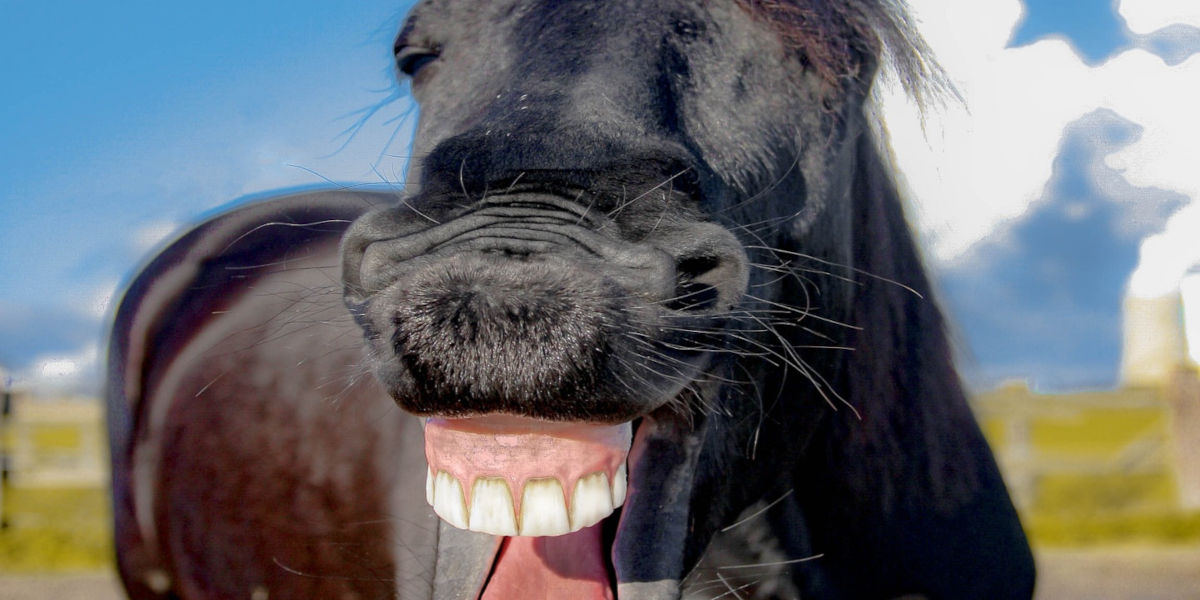As the old saying goes, 'laughter is the best medicine.' Humor is a fundamental human trait that transcends cultural, geographical, and chronological boundaries. But have you ever wondered where it all began? What is the oldest joke ever? Let's embark on an amusing journey back in time as we explore the history of humor and the world's oldest jokes.
The Origins of Humor: An Anthropological Perspective
Anthropologists believe that humor has always been an integral part of human societies, serving as a means of social bonding and an outlet for tension and stress. Scholars argue that humor, just like love, grief, and fear, is hardwired into our brains, a testimony to its evolutionary importance. However, the form it takes has undoubtedly changed as social and cultural contexts have evolved.
The World's Oldest Jokes: A Peek into the Past
Our exploration of the world's oldest jokes takes us back thousands of years. According to historians, the oldest recorded joke can be traced back to 1900 BC in Sumer, now southern Iraq. This ancient wisecrack goes, 'Something which has never occurred since time immemorial; a young woman did not fart in her husband's lap.' Today, we may not associate this brand of humor with comic genius, but it is, without a doubt, a remarkable glimpse into a long-gone civilization's sense of humor.
This joke showcases an important aspect of humor through the ages: its reliance on surprise and the subversion of expectations. Here, the unexpected occurrence is not an impressive feat or an unlikely event, but one that involves daily human behavior. This element of surprise, albeit crude to our modern sensibilities, was evidently key to evoking laughter among the Sumerian audience.
The History of Humor: Decoding Ancient Laughter
The history of humor is intricate and multifaceted, embedding in it a reflection of societal norms, beliefs, and attitudes of the times. Take, for instance, the ancient Egyptians. While their primary claim to fame might be the majestic pyramids, Egypt is also home to some of the world's oldest humor recorded on papyrus. This humor, mostly writs of court cases, plays with irony and exaggeration to tickle the reader's funny bone.
The Mastery Of Laughter In Ancient Greece
The Greeks of ancient times were not bereft of wit and humor. They had comic playwrights such as Aristophanes who were masters of the craft, crafting some of the wittiest dialogues and scenarios imaginable. Their comedies were not mere crude rudimentaries but intricate plotlines overflowing with biting social mockery, overblown personas, and loaded with puns.
Aristophanes' ‘The Frogs’, for instance, is a humorous critique of Athenian democracy. The Greeks adored his work. His influence on comedy was so immense that even today his style known as 'Old Comedy' is still studied for its humorous uniqueness.
Laughter In Rome: The Arena Of Humor
Setting footprints towards Rome, one can sense the clash of iron and the inviting laughters. The Romans too, held a grand proclivity for humor. As was the tone of the time, their humor spun around social and political satire. The renowned playwright Plautus filled his plays with outlandish characters and farcical episodes, all underlaid with a sharp social commentary. The Romans found entertainment in the absurdity of these exaggerated social situations, a clear projection of their own society's ironies.
Hilarity in Medieval Times
Plunging into the medieval period, humor demonstrated a rich blend of joyful nature and public performances. This era predominantly witnessed raucous humor, unveiled in markets and fairs. People would come from all walks of life to enjoy jongleurs and jester's performances. Also known as fools, jesters would often use their imbecilic persona to disguise witty observations about the courtly life they were bound to.
The Renaissance: A New Wave of Laughter
As we make way into the Renaissance period, one cannot forget the Stratford Bard-William Shakespeare. Known for his tragic masterpieces, Shakespeare was equally deft at inducing laughter. His keen perception of life's absurdities enabled him to conceive hilariously woven subplots, and comic reliefs even in his tragic plays. His characters like Falstaff, Puck, and Bottom, continue to tickle our funny bones even today.
Modern-Day Humor: Still Evolving
Modern humor encompasses various forms and mediums. Stand-up comedy, sitcoms, humorous books, comic strips, cartoons, or even memes, our current era is teeming with tools for jesting and joking. Indeed, the evolution of humor is reflective of societal changes and progressions. Humor today is further diversified to cater to unique cultural and individual preferences.
Laughter indeed has traversed through ages and evolved beautifully, mirroring societal changes and human psyche. It is deeply rooted in our lives, offering a universal connection and a comfort zone where the world can unite. As we have seen through this journey of humor, no matter what may come, laughter always find its way, bridging centuries and cultures together.




